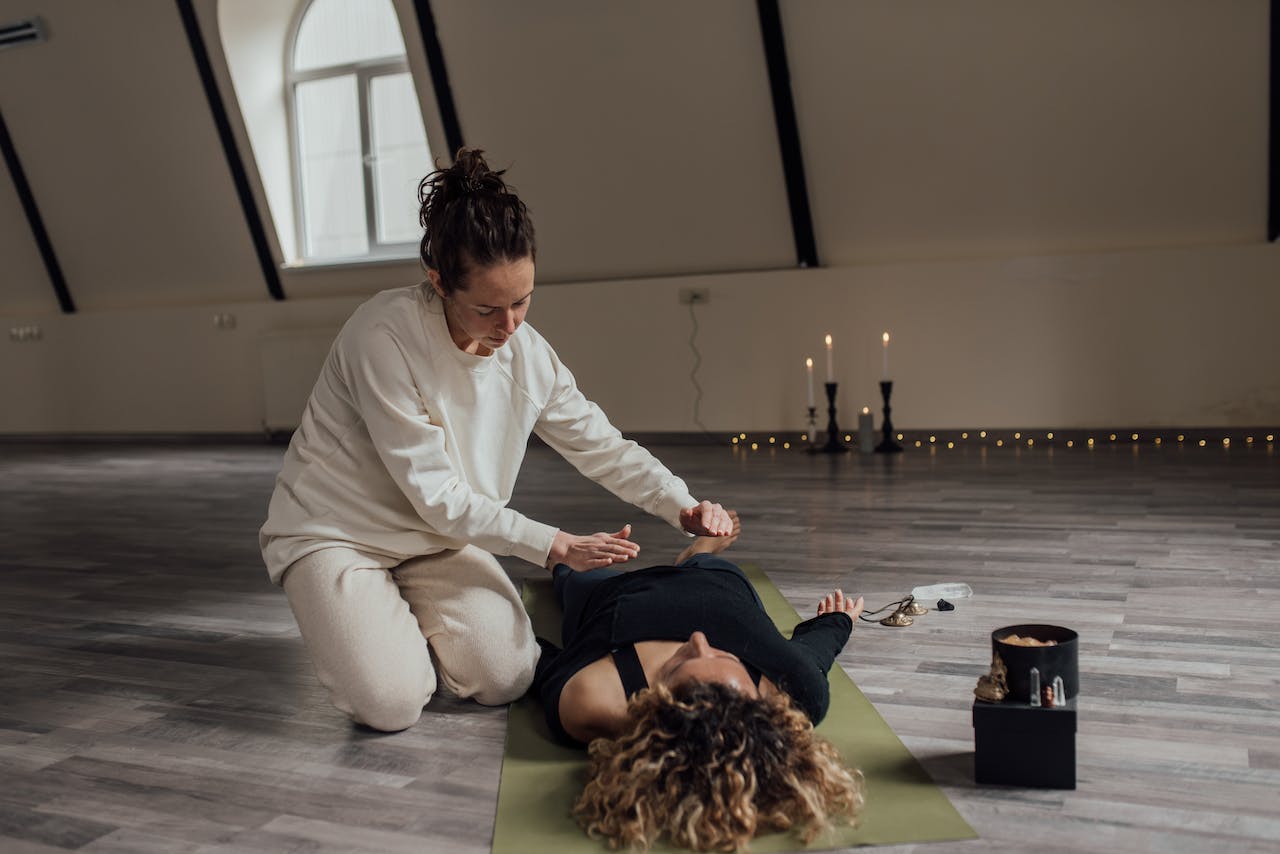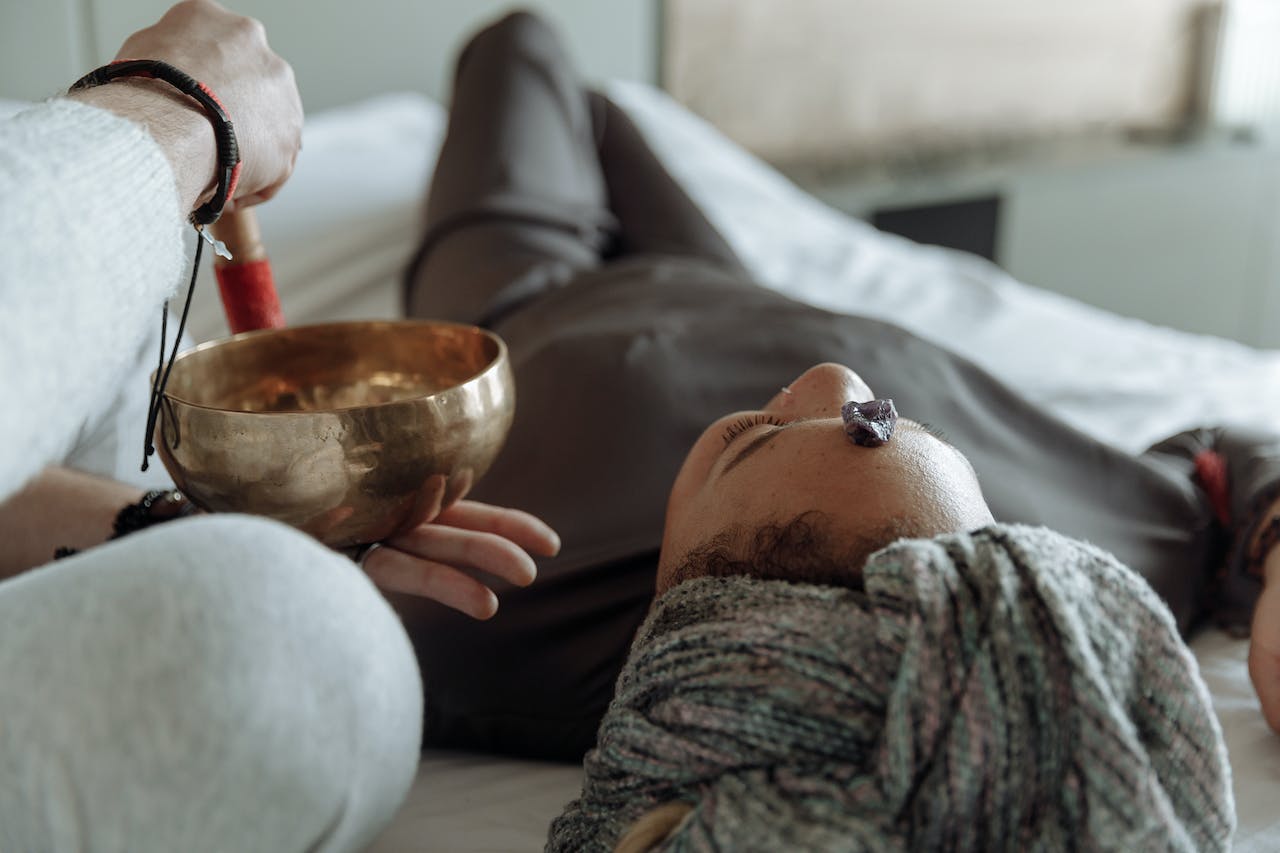
In a fast-paced world where stress and anxiety have become almost synonymous with daily life, many individuals seek solace in alternative healing methods to regain balance and well-being.
Reiki, a Japanese energy healing practice, has gained popularity in recent years for its potential to promote physical, emotional, and spiritual healing. In this article, we will delve into the fascinating world of Reiki, exploring its origins, principles, techniques, and the myriad benefits it offers to those who embrace it.
Understanding Reiki
Reiki, pronounced "ray-kee," is a holistic healing system that originated in Japan in the early 20th century. The term "Reiki" is derived from two Japanese words: "rei," meaning universal or spiritually guided, and "ki," which represents life force energy. The practice is based on the belief that there is an invisible life force energy that flows through all living beings, and when this energy is balanced and unobstructed, we experience health and well-being.
Dr. Mikao Usui, a Japanese Buddhist monk and scholar, is credited with rediscovering and popularizing Reiki in the early 1900s. According to legend, Dr. Usui embarked on a spiritual quest to discover the secret of healing.
After a 21-day retreat on Mount Kurama, he experienced a profound spiritual awakening and received the knowledge and ability to channel this healing energy, which he named Reiki.
The Principles Of Reiki
Five core principles guide reiki, often referred to as the Five Reiki Principles or Five Reiki Precepts. These principles serve as a moral and spiritual code for Reiki practitioners and are considered essential for personal growth and healing. They are as follows:
- Just for today, I will not be angry.
- Just for today, I will not worry.
- Just for today, I will be grateful.
- Just for today, I will do my work honestly.
- Just for today, I will be kind to every living thing.
These principles encourage mindfulness, gratitude, and compassion, helping individuals cultivate a positive mindset and improve their overall well-being.
By incorporating these principles into their daily lives, Reiki practitioners strive to create harmony within themselves and with the world around them.
The Reiki Healing Process
Reiki is administered through the gentle laying of hands or even through distance healing, where the practitioner sends energy to the recipient remotely.
The recipient typically lies down fully clothed while the practitioner places their hands on or near various parts of the body, following a specific sequence. The practitioner acts as a channel for the universal life force energy, allowing it to flow through it and into the recipient.
During a Reiki session, recipients often report feeling a sense of deep relaxation and warmth. Some may experience tingling sensations, while others might see colors or have emotional releases.
These sensations are considered part of the healing process, as they indicate the release of blocked energy and the restoration of balance.
Reiki's Benefits
- Stress Reduction - One of the most widely recognized benefits of Reiki is its ability to reduce stress and promote relaxation. By balancing the body's energy and releasing tension, Reiki helps individuals cope with the demands of daily life more effectively. This can lead to improved mental and emotional well-being.
- Pain Management - Reiki has been used as a complementary therapy for managing pain, both chronic and acute. While it is not a replacement for medical treatment, many people find that Reiki sessions help alleviate discomfort and improve their overall pain perception.
- Emotional Healing - Reiki can be a powerful tool for processing and healing emotional trauma. It allows individuals to release pent-up emotions, fostering a sense of emotional balance and inner peace.
- Improved Sleep - Many Reiki recipients report improved sleep patterns and deeper, more restful sleep after sessions. This can be particularly beneficial for those dealing with insomnia or sleep disturbances.
- Enhanced Mental Clarity- Reiki promotes mental clarity and focus, making it easier for individuals to make decisions and problem-solve. It can also help reduce symptoms of anxiety and depression.
- Strengthened Immune System- By supporting the body's natural healing processes, Reiki can help boost the immune system, making it more effective in fighting off illnesses and infections.
- Spiritual Growth - Reiki is not tied to any specific religion, but it is often seen as a spiritual practice. Many practitioners report a deepening of their spiritual connection and a greater sense of purpose in life.
- Self-Healing- Reiki can be used as a self-healing tool, allowing individuals to treat themselves and maintain their own energy balance. This empowers individuals to take an active role in their health and well-being.
- Relationship Enhancement- Reiki can be used to improve relationships by promoting empathy, compassion, and better communication. Couples and families can use Reiki to create a harmonious and supportive environment.
Conclusion
Reiki is a holistic healing practice that has the potential to transform lives by promoting physical, emotional, and spiritual well-being. Rooted in ancient Japanese wisdom, it offers a natural and non-invasive approach to healing and self-improvement.
Whether you're seeking stress relief, pain management, emotional healing, or a deeper connection with your inner self, Reiki can be a valuable tool on your journey to wellness. Its core principles of mindfulness, gratitude, and compassion remind us of the importance of nurturing our mind, body, and spirit in today's hectic world.
Embracing Reiki may just be the key to unlocking a healthier, more balanced, and harmonious life.
